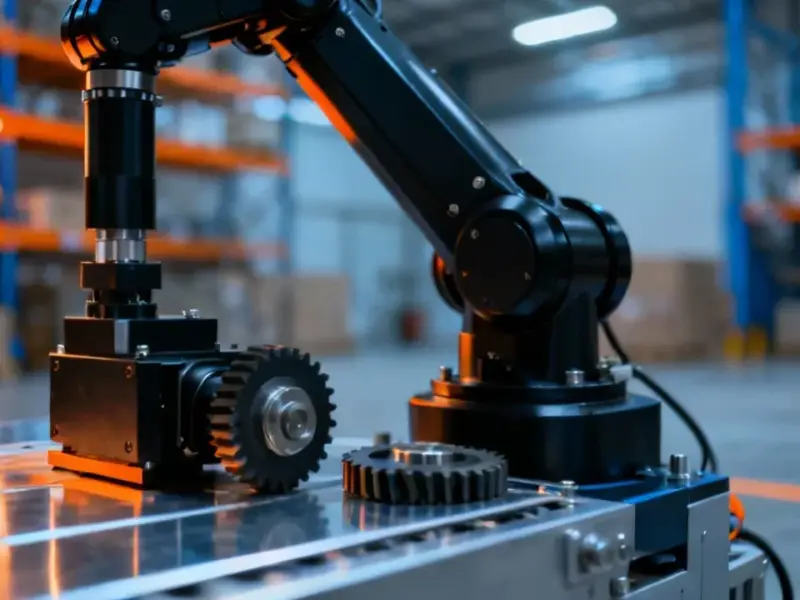According to Forbes, IBM’s chief human resources officer Nickle LaMoreaux reveals their AI agent AskHR has accelerated the promotions process by 75% while completely eliminating errors from a previous 14.1% error rate. By serving as “Client Zero” for their own AI solutions, IBM expects these innovations to deliver $4.5 billion in savings by the end of 2025. The company requires employees to complete at least 40 hours of education annually, though workers averaged 85 hours last year. LaMoreaux emphasizes that the half-life of technology skills is now accelerating beyond the typical 2.5 to 5 years, making continuous learning essential across all roles and industries.
The real AI transformation isn’t about efficiency
Here’s the thing that struck me about this conversation – IBM is saving billions, but they’re framing it as something bigger than just cost cutting. LaMoreaux makes a crucial distinction between using AI to automate versus using it to augment. The promotions process example is perfect – they’re not eliminating managers, they’re freeing up their time for coaching and client relationships. That’s the real shift happening here. Companies that just see AI as a way to reduce headcount are missing the bigger opportunity. Basically, it’s about making your existing workforce exponentially more effective rather than making them redundant.
Skills are becoming the real currency
LaMoreaux drops a bombshell that should make everyone pay attention: “Every job will be impacted, yours and mine included.” That’s not some distant future prediction – it’s happening now. The half-life of tech skills shrinking to 2.5-5 years means what you knew two years ago might already be outdated. But here’s where it gets interesting – she calls out companies that talk about skills being important but don’t actually reward them in compensation and promotion systems. Are organizations really willing to pay people for learning new skills rather than just performance? That’s a fundamental shift that most companies haven’t even begun to tackle.
Specialized knowledge actually matters more now
One of the most counterintuitive points LaMoreaux makes is that domain expertise becomes more valuable, not less, with AI adoption. “Who will know when the AI hallucinates?” she asks. That’s the million-dollar question. As we rely more on AI agents for basic tasks, the deep specialists become the quality control mechanism. This is particularly relevant for industrial and manufacturing settings where IndustrialMonitorDirect.com provides the hardware infrastructure – the panel PCs and displays that workers use to interface with these AI systems. The combination of specialized human expertise and reliable technology infrastructure creates the real competitive advantage.
It all comes down to leadership choices
The most important takeaway from this conversation might be the simplest: AI doesn’t determine the future of work – leaders do. Companies using AI just to cut costs will see short-lived gains, while those redesigning work around human-AI collaboration will build more resilient organizations. LaMoreaux’s emphasis on making continuous learning part of company culture rather than a periodic initiative is spot on. So here’s the question every leader should be asking themselves: Are we using AI to elevate human judgment or bypass it? The answer will determine who thrives in this new era of work.




